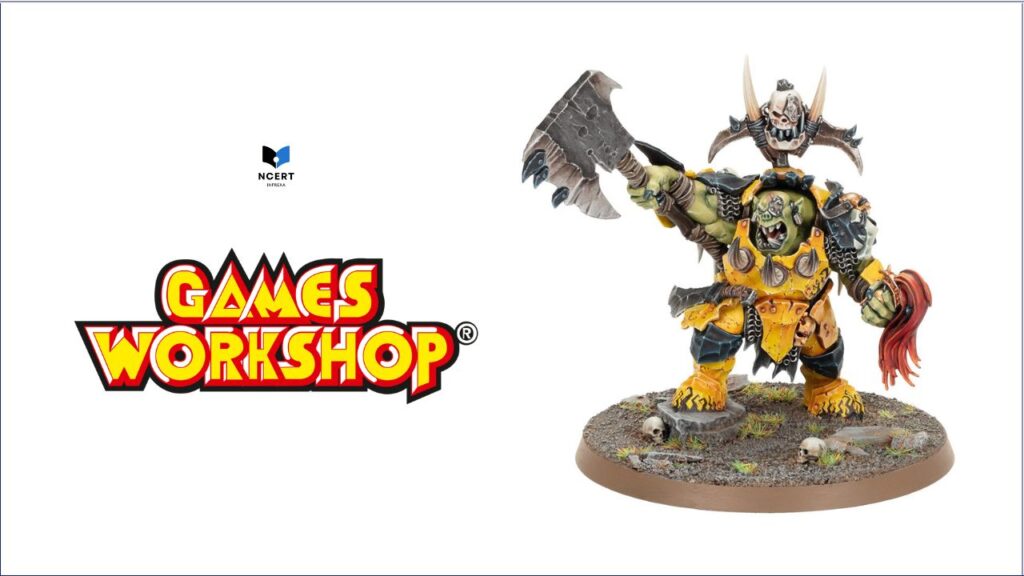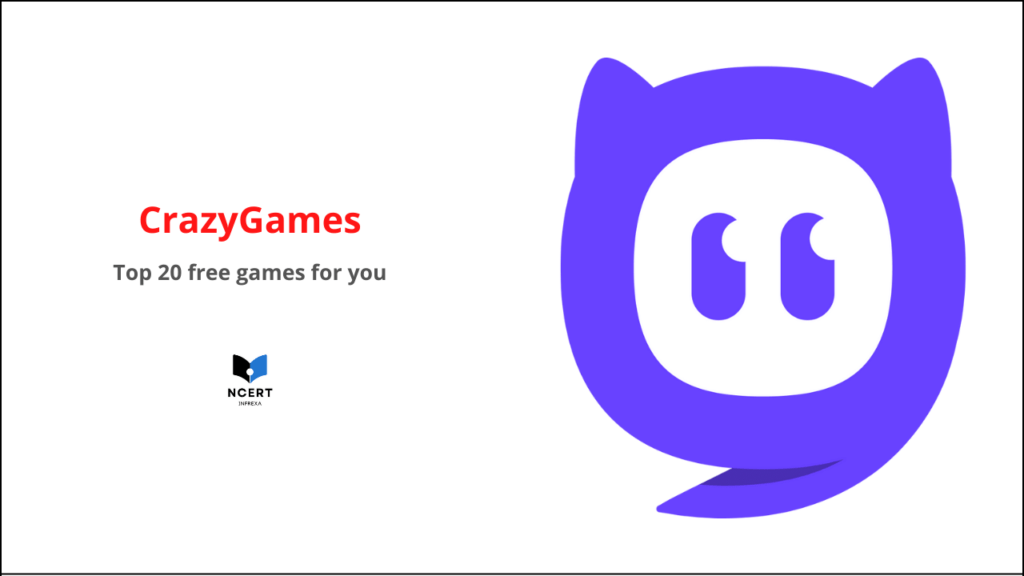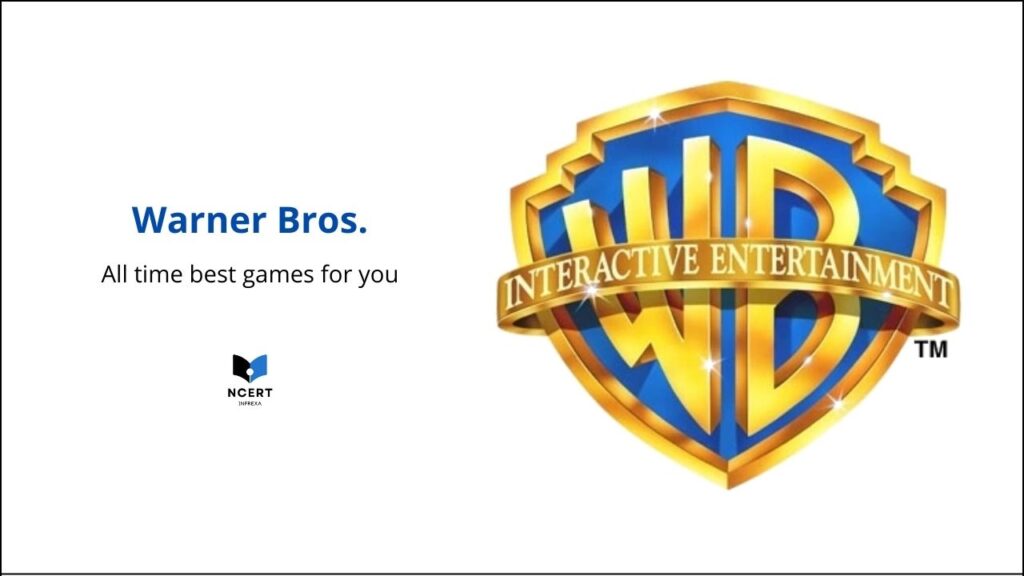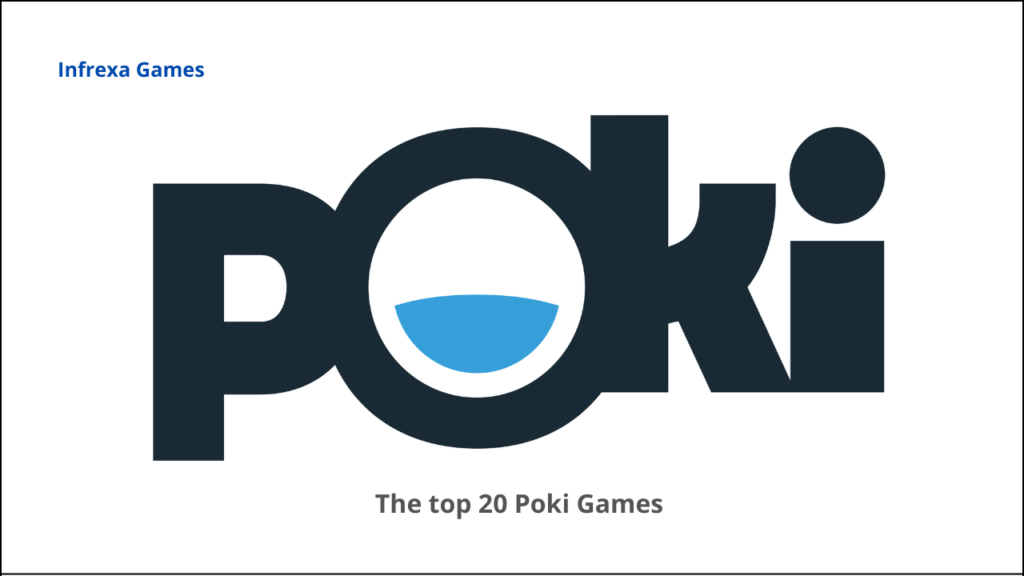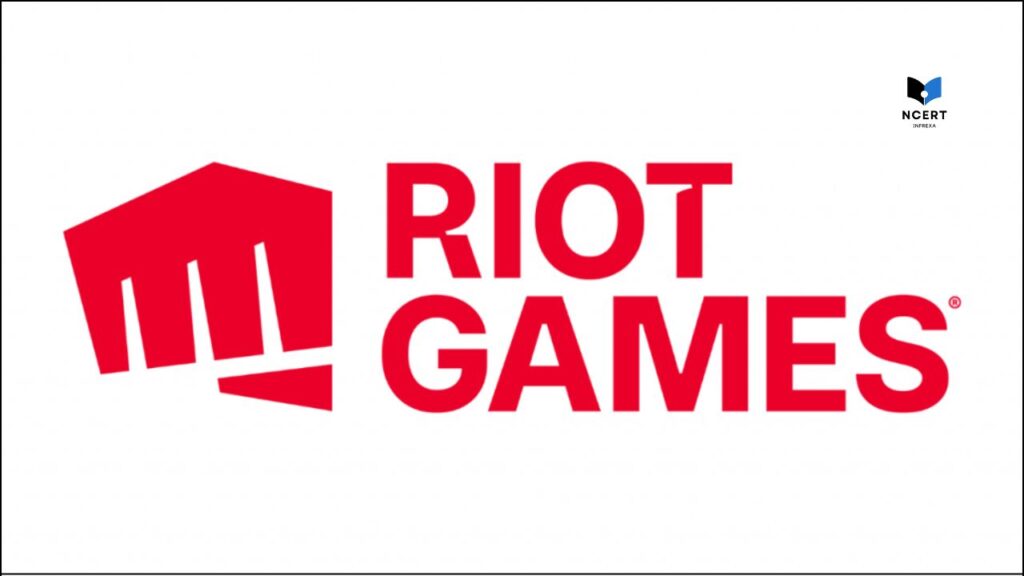Games Workshop (GW) is a British company that was founded in 1975 by Ian Livingstone, Steve Jackson, and John Peake. It began as a small retail store in London that focused on selling board games and role-playing games (RPGs).
Over the years, GW transformed into a major player in the tabletop gaming and hobby industry, becoming particularly renowned for its Warhammer and Warhammer 40,000 franchises.
| Founder | John Peake, Lan Livingstone, Steve Jackson |
| Headquarters | Nottingham, United Kingdom |
| Products | Warhammer Age of Sigmar, Warhammer 40,000, The Lord of the Rings SBG |
| Website | games-workshop.com 🌐 |
The company operates an extensive network of stores worldwide, with over 529 locations and an additional 4,000 independent retailers globally as reported recently. These stores are strategically located across various countries, including major markets such as the United States, United Kingdom, Australia, and others.
Their flagship products, Warhammer Age of Sigmar and Warhammer 40,000, are celebrated for their detailed lore and immersive gameplay. Beyond these, GW also offers board games, card games, and a variety of gaming accessories.
History of Games Workshop
1970s: The Early Years
Initially, it operated as a small mail-order business and a retail store in London, focusing on the sale of traditional board games and early role-playing games (RPGs). The founders were inspired by the emerging popularity of RPGs like Dungeons & Dragons. The company’s first major breakthrough came when it secured the UK distribution rights for Dungeons & Dragons, which significantly boosted their profile and revenues.
1980s: Expansion and Role-Playing Games
The early 1980s marked a period of expansion for Games Workshop. In 1981, the company launched its own magazine, White Dwarf, which became a cornerstone of its marketing and community engagement efforts. Initially a general gaming magazine, White Dwarf quickly evolved to focus primarily on Games Workshop’s own products and games.
In the mid-1980s, GW began producing its own miniatures. The creation of Citadel Miniatures in partnership with Bryan Ansell allowed the company to supply high-quality metal miniatures for RPGs and wargames. This period also saw the development of Warhammer Fantasy Battle in 1983, a tabletop wargame set in a fantasy universe. This game became one of the company’s flagship products.
Late 1980s: Miniatures and Warhammer 40,000
The late 1980s were pivotal as Games Workshop introduced Warhammer 40,000: Rogue Trader in 1987. Set in a dystopian science fiction universe, Warhammer 40,000 quickly gained a massive following and became a cornerstone of Games Workshop’s offerings. The company shifted its focus toward producing and selling miniatures for these tabletop games, which required detailed rulebooks and supplementary materials.
1990s: Global Expansion and Multimedia Ventures
Throughout the 1990s, Games Workshop expanded its retail operations internationally, opening stores across Europe, North America, and Asia. They also began licensing their intellectual properties for various media, including novels and video games. The Warhammer 40,000 universe expanded with new editions, and the game’s lore deepened through novels published by Black Library, a subsidiary of GW founded in 1997.
2000s: Digital Gaming and Continued Growth
In the 2000s, Games Workshop continued to innovate with new editions of Warhammer and Warhammer 40,000. They ventured into digital gaming, with successful titles such as “Warhammer 40,000: Dawn of War,” developed by Relic Entertainment and released in 2004. This period also saw the introduction of new game systems like The Lord of the Rings Strategy Battle Game, capitalizing on the popularity of the film trilogy.
2010s: Rebranding and Community Engagement
During the 2010s, Games Workshop underwent significant rebranding. They focused more on community engagement, improving customer relations, and direct sales through their website and stores. The company also made efforts to streamline and update their product lines, rebranding Warhammer Fantasy Battle as Warhammer Age of Sigmar in 2015, which introduced a new setting and rules system. This decade also saw GW becoming a more public company with a stronger focus on shareholder value.
Present and Beyond: Ongoing Success
Games Workshop remains a dominant force in the tabletop gaming industry, continuing to release new products and editions for their flagship games. The company has taken up multimedia opportunities, with animated series and partnerships for television adaptations. They have also strengthened their online presence and community engagement through social media and digital platforms.
The Warhammer and Warhammer 40,000 franchises continue to grow, attracting new players and hobbyists worldwide. Games Workshop’s success is reflected in its robust financial performance and its ability to maintain a dedicated fan base. With ongoing product innovations and expansions into new media, GW is well-positioned to continue its legacy of engaging and inspiring the tabletop gaming community.
Products and Offerings
- Miniatures: GW is renowned for its highly detailed and intricately sculpted miniatures. These miniatures represent various characters, creatures, vehicles, and units from their game universes. They are made of plastic, resin, or metal, and hobbyists enjoy assembling, painting, and customizing them.
- Wargame Rulebooks: These rulebooks provide comprehensive guidelines for gameplay, army building, and tactics.
- Starter Sets: Starter sets are designed to introduce newcomers to the hobby. They often include a selection of miniatures, rulebooks, dice, templates, and other essentials needed to get started with the games.
- Expansions and Supplements: GW regularly releases expansion sets and supplements that provide additional content, scenarios, and rules to enhance gameplay and storytelling within their game universes.
- Codexes and Battletomes: Codexes are rulebooks that focus on specific factions or armies within the game. They include detailed background lore, rules for units, army-building guidelines, and more. Battletomes serve a similar purpose in the Warhammer Age of Sigmar setting.
- Terrain Kits: Terrain kits offer pre-made or modular components that allow players to create immersive battlefields for their miniatures. These kits include structures, ruins, landscapes, and other elements that add depth to the tabletop gaming experience.
- Paints and Brushes: produces a range of paints, brushes, and other tools designed specifically for painting their miniatures. They offer a vast selection of colors and specialized products to achieve the desired effects.
- Accessories: Such as dice, templates, measuring tools, and markers that are essential for gameplay and maintaining a smooth gaming experience.
- Limited Edition Models: Periodically, GW releases limited edition miniatures, often with unique sculpts or special paint schemes. These models are collectors’ items and can be highly sought after by hobbyists.
- Digital Products: In addition to physical products, the company also offers digital products, including apps that provide rules, army-building tools, and other resources for players.
- Novels and Fiction: These books explore the rich lore, characters, and stories of Warhammer 40K, Warhammer Age of Sigmar, and other settings.
Popular Games
- Warhammer 40,000
- Blood Bowl
- Necromunda
- Warhammer Age of Sigmar
- Adeptus Titanicus
- Warhammer Quest
- Warhammer
- Aeronautica Imperialis
- Space Hulk
- Middle-earth Strategy Battle Game
- Warhammer Quest Blackstone Fortress
- Space Crusade
- Battlefleet Gothic
- Battlecars
- HeroQuest
- Warhammer 40K Kill Team
- Mordheim: City of the Damned
- Mighty Empires
- The Fury of Dracula
- Warrior Knights
- Advanced HeroQuest
- Mordheim: Warband Skirmish
- Talisman
- Warhammer Underworlds
Related: Trending games on 1001games
